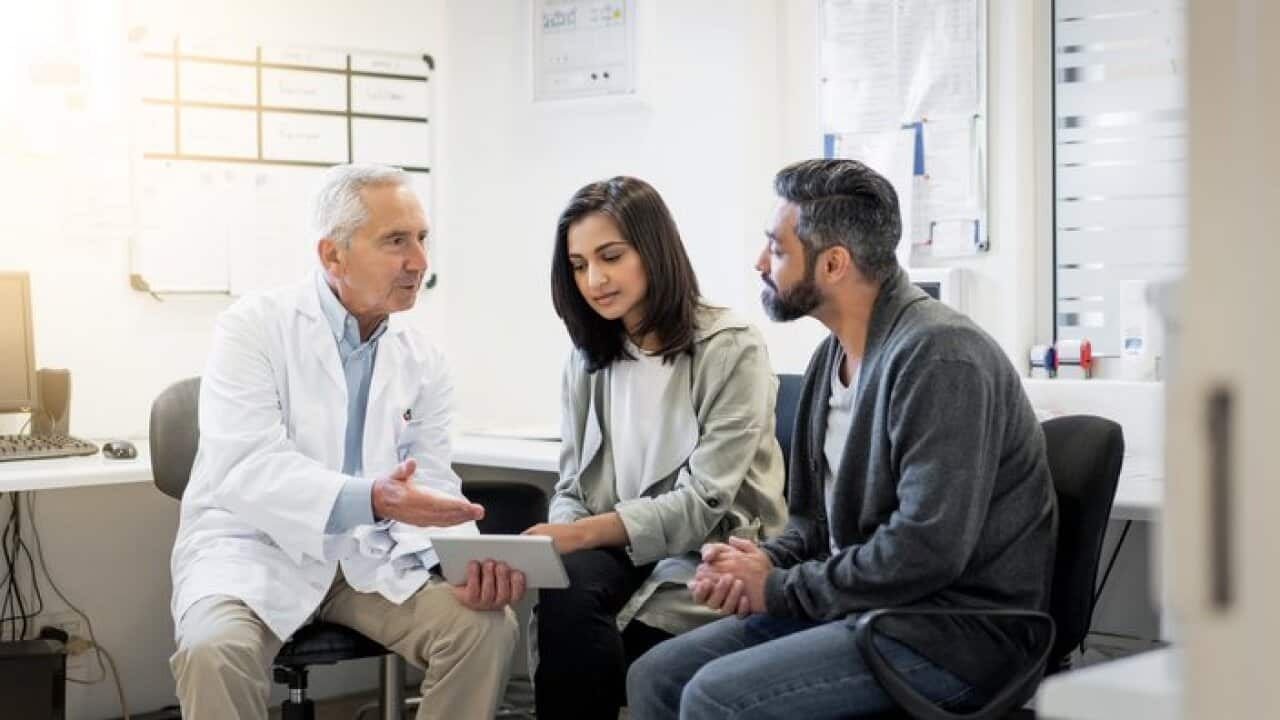Every year on the 24th of August, Australia celebrates Daffodil Day to raise funds to give all Australians hope for a cancer-free future.
There are many programs available that support cancer patients, ranging from researching the disease to providing people with medication and financial help.
But what about the psychological and social support they require during this difficult time?
Even though many different types of cancers are manageable and curable, different multicultural communities in Australia have their own belief systems surrounding the disease.
Many in the Indian community, for instance, believe that cancer is a result of a person’s karma in terms of his or her previous birth and every person must pay off this birth karma. Others believe in bad luck and that is the reason why a person gets a cancer diagnosis.
RELATED READING
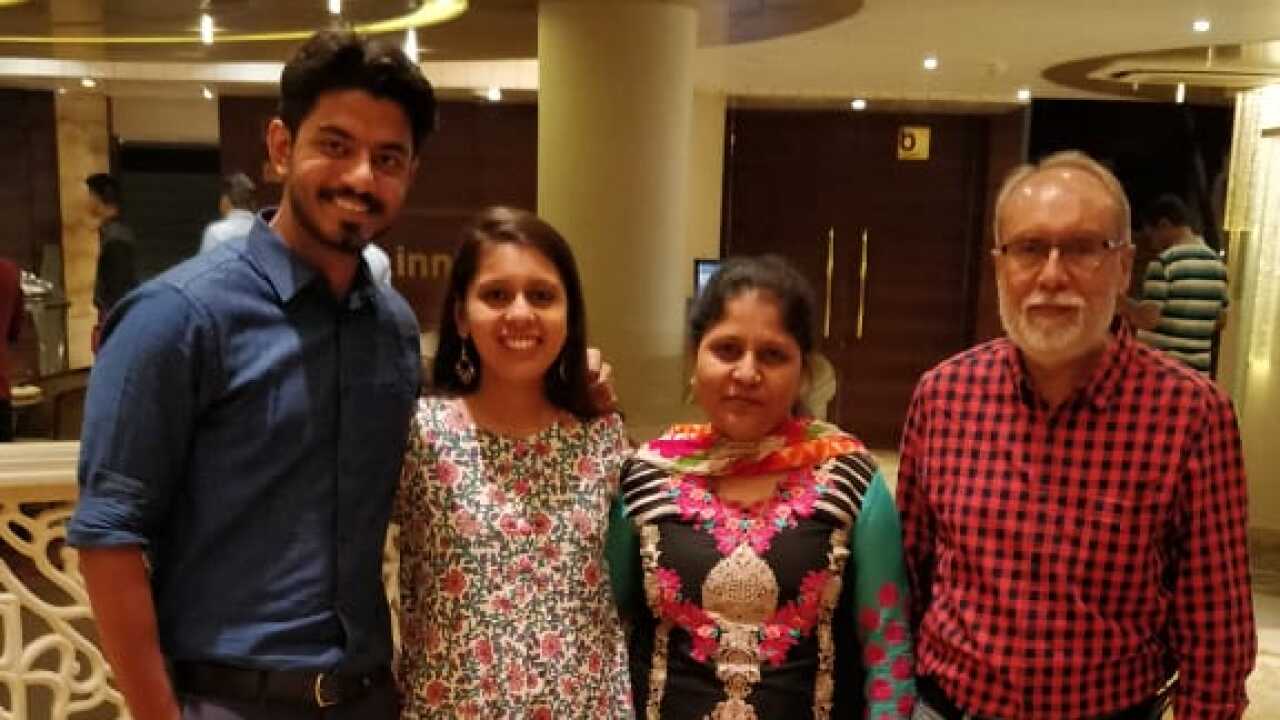
She beat cancer, writes her destiny
Australian Oncologist Dr Bhaumik Shah told SBS Gujarati, "People of diverse communities have different ways of thinking and beliefs about disease.
"Rather than accepting the scientific reason behind the disease, they start guessing about the patient's character and these ‘faults’ push them into depression.
"In some cases, society keeps their distance from cancer patients, and avoids them as they believe that cancer symptoms are infectious."
Steffi Mac, who is a cancer survivor, told SBS Gujarati, "When I was diagnosed with cancer, I heard people say that ‘she might have done some misdeed in her previous life, and the god is punishing her now’.
"They start staring at the patient whenever they go to any public places."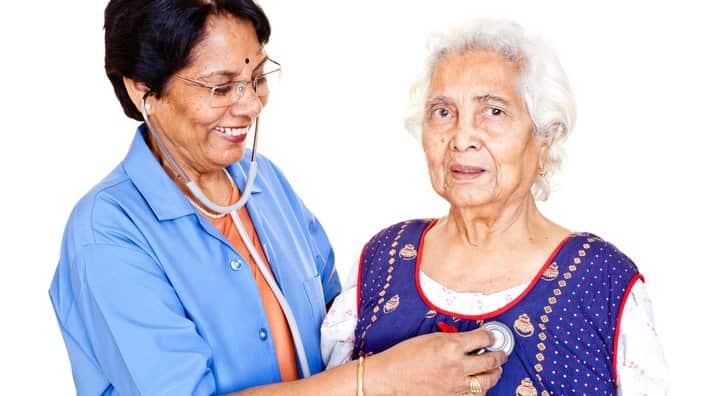

Indian Female Doctor examining elderly patient. Source: Getty Images
Discrimination
Sometimes, the patient suffers discrimination at his or her workplace even after a total recovery from the disease. Social integration is vital, but often the label of ‘Once a cancer patient, always a cancer patient’ affects people in many ways including finding employment as the employer may think the potential candidate for the job will require a lot of sick leave for their treatment.
“If a person has ‘active cancer’, even though he or she can do their job effectively, society needs to be understanding of their situation and support them mentally," said Dr Shah.
Focus on the patient
The broad Australian culture focuses only on the patient and involves only the patient in the conversations with the medical sector, whereas in other communities cancer is often a family affair where the family is a priority. Often they nominate one person from the family, and he or she then also communicate with medical staff on behalf of the patient.
Dr Bhaumik Shah said, “Families want to protect the patient, but sometimes it creates a problem when true information does not go to the patient."
Cultural differences
The cultural clash sometimes forces migrants not to consult Australian doctors as they are only focusing on the patient and their diseases. They try to get the treatment from a doctor who is from their country of origin as they know their beliefs and rituals very well.
"Australia is a multicultural country and the government is promoting cultural competence among the doctors as they frequently interact with the patients and their families. The family could indicate a cultural preference for a doctor as long as it does not harm the patients in question, but at the same time, doctors should see the patients as a priority," said Dr Shah.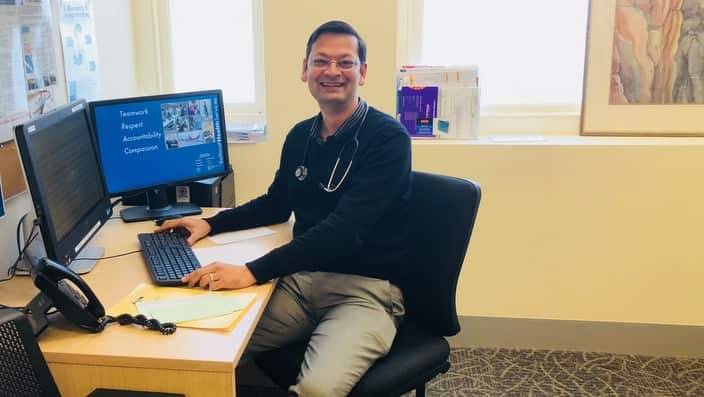

Dr. Bhaumik Shah. Source: Dr. Bhaumik Shah
Doctor-Patient relationship
Because of their different cultural beliefs, a patient might not follow any of the recommendations from the 'Australian' doctor which puts them in harm’s way.
"Patients must get the true information from the doctor and try to follow their guidance," said Dr Shah.
"Whenever they have any concern about the recommendations given by the doctor, they should tell them about it, and that makes for a strong patient-doctor relationship."
Involve patients in other activities
According to Senior Physiologist, Dr Prashant Bhimani, the patient's family should try to engage the patient in some other activities to create a positive atmosphere around them. Moreover, they should remember all the great memories they have created together as a family and friends.
“These types of little things can provide a patient with mental as well as social support during their hard time in their fight against cancer," said Dr Bhimani.
More stories on SBS Gujarati
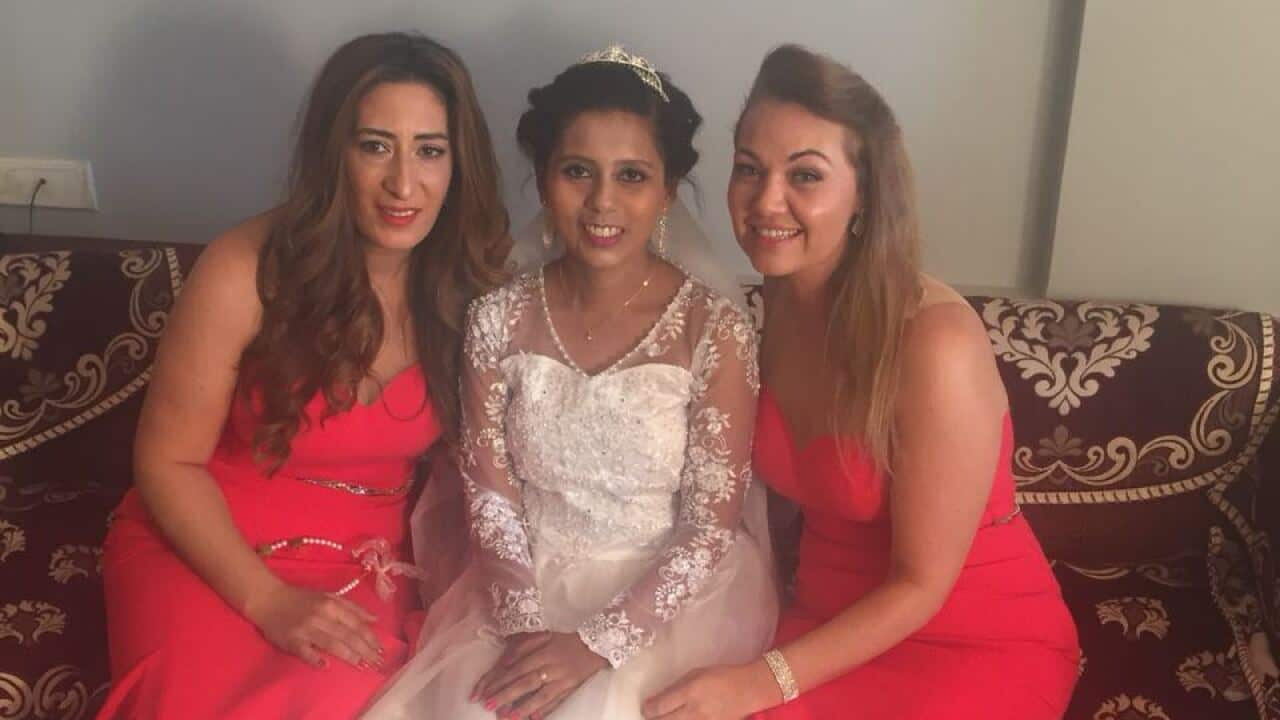
German stranger saves life of young Indian woman
